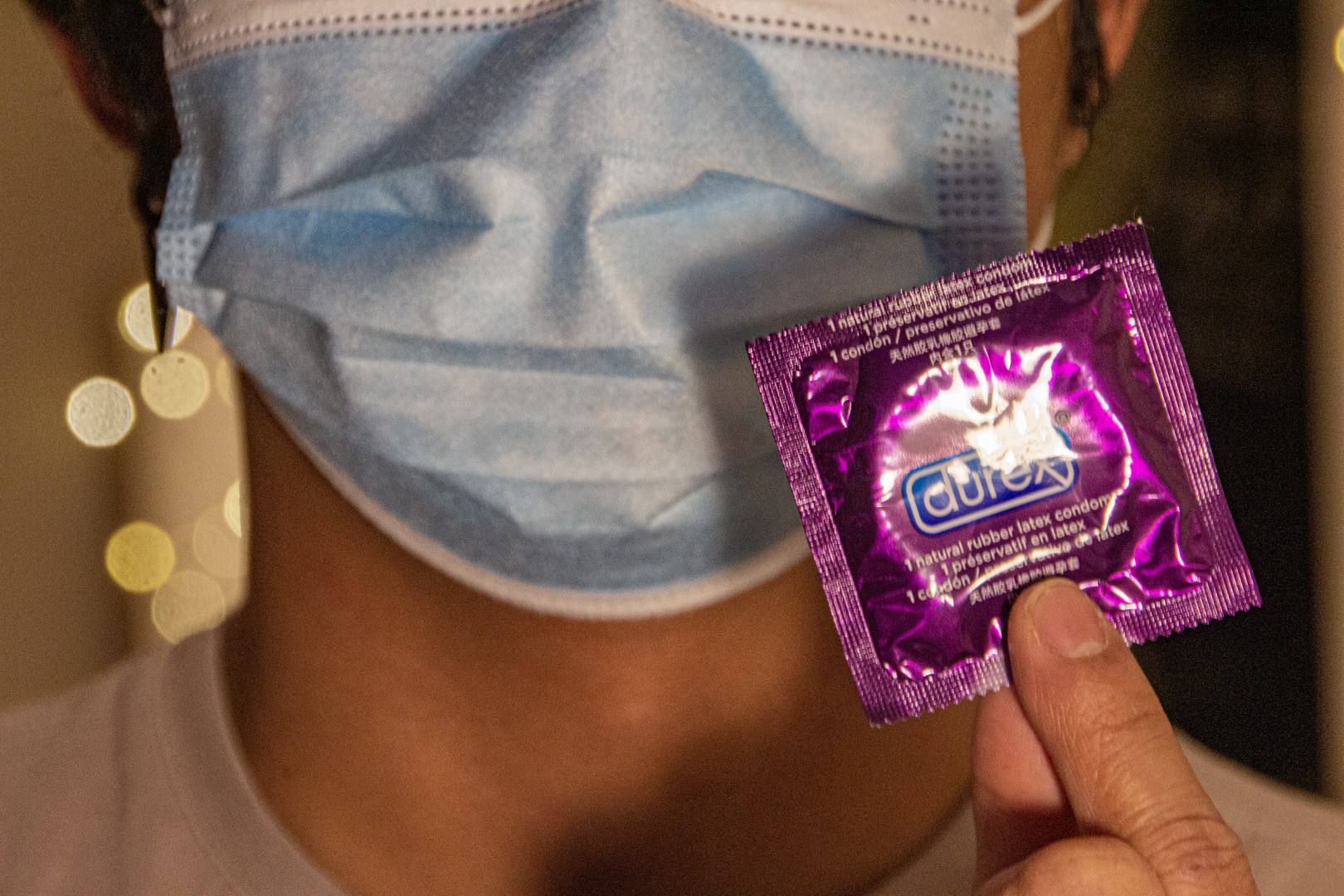
Testing women in the Lower Mainland
By Andrea Arscott, Senior Columnist
There’s good news for women who are afraid to get tested for hepatitis C, HIV, and other sexually transmitted infections (STIs). As part of the STOP HIV Initiative, Stride with Purpose at the Lower Mainland Purpose Society received funding from the Fraser Health Authority to organize four women’s testing events in the Lower Mainland.
Although the women’s nights are developed for low-income, marginalized, and street-entrenched females, any woman who wants to get tested and feels this is the place she’ll feel most comfortable is welcome to join. Ladies attending the evening can enjoy good food and crafts, get their picture taken, participate in nail painting, and for some, have some hair styling done. Every woman deserves to feel special and have fun once in a while, and the group can look forward to getting a chance to laugh and bond with old friends and new faces. There will also be games and opportunities to win prizes.
At the end of the night, women will hopefully leave with knowledge that empowers them to take better care of themselves and their health. They can expect to learn about activities that put them at risk of hep C, HIV, and other STIs and how to better protect themselves from harmful behaviours.
Several of the Purpose Society’s current clients have no idea how they contracted HIV or hep C, which would suggest they thought they had never engaged in any risky act. Their test results told a different story though, proving that everyone should be tested if they’ve never been tested before.
The point of care (POC) or “rapid” HIV test that the nurses from the blood borne pathogen team will be offering is nothing to fear. In POC testing, the nurse pokes the tip of your finger with a needle to draw a drop of blood, and you know in a few minutes if the results are reactive or negative. If your test is “reactive,” you’ll be asked to go for a blood draw test to confirm the accuracy, as POC is only a preliminary test.
The hep C test involves drawing blood from your arm with a syringe, and test results take two weeks.
Depending on which STIs you want to be tested for, some are blood draw, some are urine tests, and in others (like genital warts and herpes), you need to visit your doctor to be examined. If you think you have symptoms of an STI (discharge, pus, sores, and warts), it’s best to deal with it as soon as possible. Make a trip to your doctor, or a walk-in or STI clinic, and get it treated. If you don’t, your symptoms may get worse and spread to other parts of your body.
The dates, times, and locations for the Purpose Society’s women’s nights are available on the Facebook page at facebook.com/stridewithpurpose, with events in New Westminster, Port Coquitlam, Maple Ridge, and Mission.
HIV is not a death sentence anymore. With advances in treatment, you can live a normal life with HIV. As long as you’re getting treatment, it’s a manageable illness. But if you avoid testing, you won’t know you have it, and therefore, won’t be taking the anti-HIV medications that your body needs to slow the progression of the disease. You may also be spreading it to others, which is irresponsible. Chances are you don’t have anything, but it’s best to make sure.
Stop HIV and hep C now. Know your status. Come get tested. For more information call Purpose at 604-526-2522 ext: 234.

